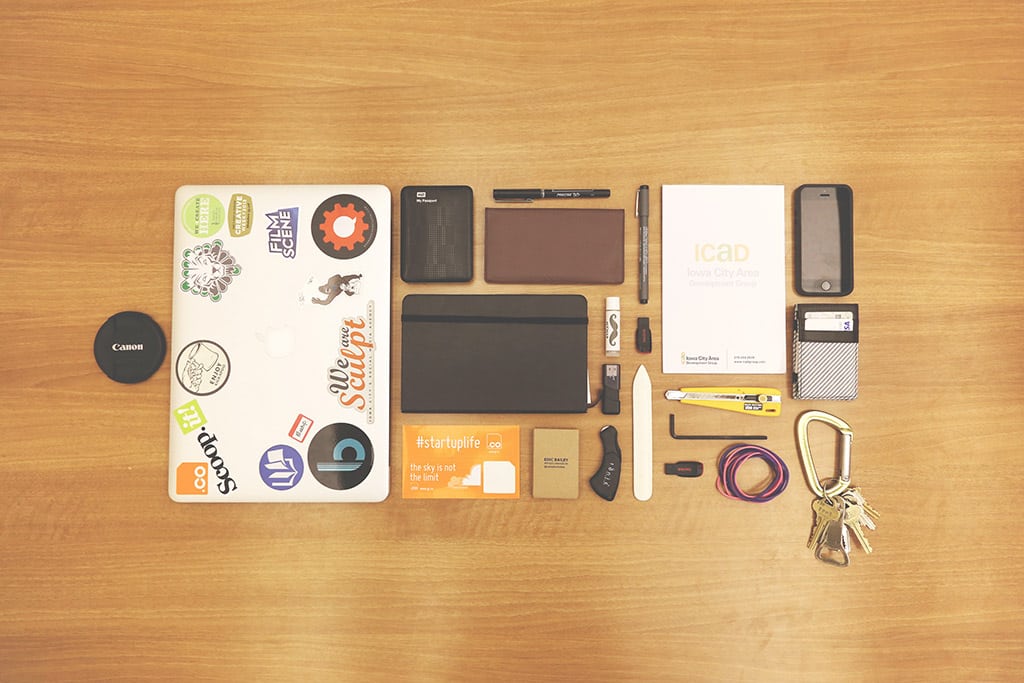Skift Take
Within this generation lies an enormous skew in maturity, career, and fiscal spend, a trajectory shaped most dramatically by the silicon age and the boom of mobile technology in the early 2000s.
Last month we released a new report in our Skift Trends series that helps to explain the How Tech Is Changing the Way Millennials Do Business Travel.
Below is an extract. Get the full report here to get ahead of this trend.
The Millennial age group is not an easy one to tie down. But past the considerations in technology, age and diversity, several trends that define what a Millennial traveler is do come to the surface. Below, we’ll look at how technology, design, and frugality tie this class of travelers together.
Technology
In a generation where even the youngest members learned to use computers at a very young age, digital considerations need to be taken for every step of the travel experience. Millennial business travelers think not of how well a hotel’s website translates from a computer or even a travel agent to a smartphone, they increasingly look at the mobile website first and only consider the desktop environment as an afterthought.
“I think the incumbents have gotten very complacent with their position within the web and it is hard for them to adapt to a mobile world where quality matters, where word-of-mouth is where people find out about new services, where customer support really matters,” says Sam Shank, the founder of Hotel Tonight in an interview with the IBTimes.
Short of a perfect mobile presence, Millennial business travelers hold high standards for travel providers in other digital domains. A clean and easy user experience is key, from navigating to and around a website to booking a hotel room to reaching customer support. Busy, poorly designed websites are losing ground to simple, elegant sites that get to the point and eliminate distractions.
Today’s Millennial business travel isn’t about technology itself; rather, it’s the foundation on which they base their travel. They are born in technology. Today’s Millennial business traveler is about efficiency in technology.
Design
Beyond a strong need for technology, Millennial business travelers remain in line with the general core values of the generation. And at the top of the priority stack lies attention to design.
Virgin America is perhaps the crown jewel in the crown of Millennial-centric travel brands. “Many of the design and technology changes we brought to the skies were built around the preferences of modern travelers,” Abby Lunardini, vice president of brand marketing and communications at the company, tells Skift. That airline, launched in 2007, perennially wins ‘favorite airline’ awards among travelers thanks to its award-winning cabin design, broad connectivity options and fresh overall take on travel.
It’s important to create, at this point, a distinction between an attention to design and a propensity to spend towards design. As a less financially secure and a convenience-first generation, Millennials will always have their wallets and priorities pushing back against any well-designed product that’s too expensive or too far outside of an urban center or public transit.
Hyatt Centric hotels illustrate how this concept is going to be executed. As a design-forward series of properties, Hyatt plans for the Centric hotels — slated to open in the summer of 2015 — to take advantage of sharp and classy room design, social lobbies and premium, boutique bathroom amenities to appeal to younger travelers. They’ll also tend to be strategically located in or near city centers.
Frugality
The third prevailing theme governing the Millennial business traveler is budget. Early in their careers and with leaner expense accounts, it’s natural to assume that a Millennial business travel may be attracted to a less expensive hotel room or dinner menu. But it’s also important to keep in mind that this is a generation steeped in debt, with four in 10 feeling “overwhelmed” by pressure from student loans, credit card bills or the stratospheric rents associated with many urban areas. When it comes to business travel, this may mean that a young business traveler given a per diem rate may opt for an inexpensive hotel room and meals and then pocket the difference.
As a result, the travel industry needs to look to the next level of cost savings and efficiencies that will attract Millennial travelers.
Hotel business lounges are a great area of potential. Inside of the the Hong Kong Sheraton lounge for Platinum loyalty guests, visitors can help themselves to free small sandwiches, appetizers and alcoholic beverages before heading to their evening plans. A Millennial business traveler might use this opportunity to skip an expensive dinner and skim the evening per diem off into their pockets. Applied inexpensively, hotels may be able to use this concept to appeal to a wider, less elite user group
Have a confidential tip for Skift? Get in touch
Tags: millennials
